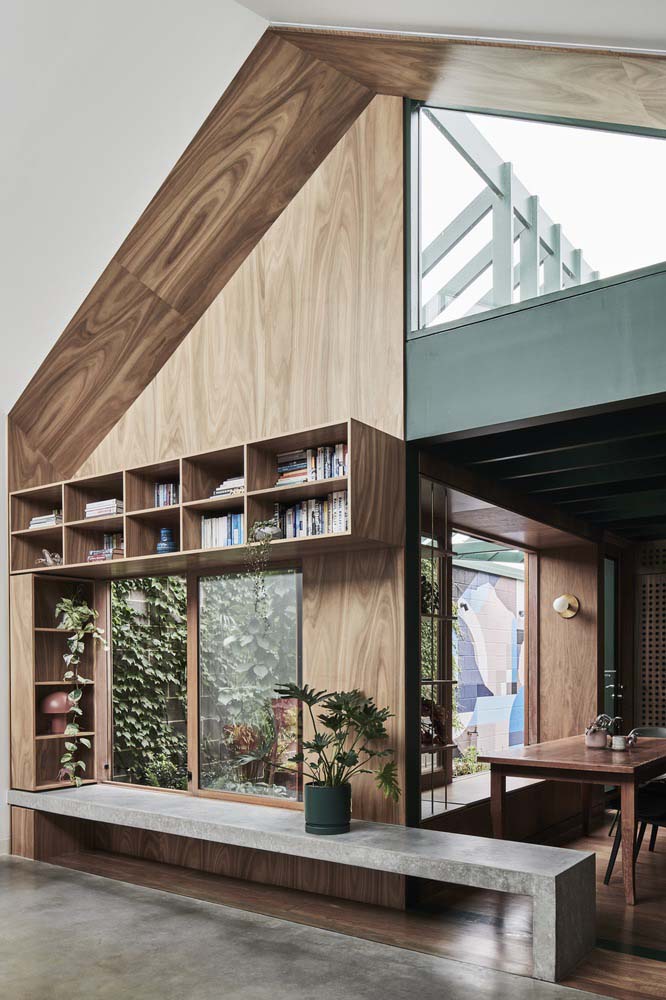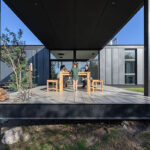
Birch plywood has long held a place of prominence in the world of timber due to its versatility and durability. However there exists a variety of viable alternatives that can admirably serve as substitutes for birch plywood.
In this article, we will delve into the 6 best alternatives, giving you the pros and cons of each type to help you decide which is the right choice for you and your projects.
-
Oak Plywood
Oak plywood stands as a stalwart alternative to birch plywood. Renowned for its exceptional strength and durability, oak is a timber that ensures longevity. Beyond its robustness, oak possesses an attractive grain pattern that adds an aesthetic dimension to your creations. Oak plywood is often readily available, offering convenience and accessibility.
-
Maple Plywood
Maple plywood has a smooth and consistent grain. This makes it an ideal choice for furniture and cabinetry projects. Being relatively lightweight, it facilitates ease of handling and installation. Furthermore, sourcing maple plywood is straightforward, making it a practical alternative.
-
Ash Plywood
Ash plywood distinguishes itself through its remarkable bending properties, rendering it suitable for curved applications. The timber exhibits a pale, pleasing grain pattern that takes well to staining. While availability may not be as ubiquitous as birch or oak, ash timber is accessible in the UK and many other areas. However, it’s important to note that ash can be susceptible to insect infestation, highlighting the need for proper treatment and ensuring your timber is sourced from reliable suppliers.

-
Pine Plywood
Pine plywood offers a budget-friendly alternative to birch plywood, making it an attractive choice for cost-sensitive projects. Its relatively lightweight nature simplifies handling and installation. Importantly, pine timber is widely available, enhancing its appeal to customers in all locations. However, pine is softer than birch, which may restrict its suitability for heavy-duty applications. It may also require finishing for a refined appearance, unlike other alternatives we’ve mentioned.
-
Walnut Plywood
Walnut plywood introduces a touch of luxury with its dark finish, imparting a sense of sophistication to your projects. Notable for its strength and durability, it serves capably in both structural and decorative capacities. While not as prevalent as some other alternatives, walnut plywood can be found in the UK market. However, it’s worth noting that walnut is generally more expensive, positioning it as a premium choice.
-
MDF (Medium-Density Fibreboard)
MDF is a cost-effective alternative to birch plywood, making it well-suited for projects where budget constraints are a consideration. Its versatility is a notable asset, lending itself to various applications. MDF is widely available, ensuring easy access for consumers. However, it lacks the natural wood grain appearance inherent in plywood alternatives, and its durability may not match that of hardwood plywood, particularly in outdoor settings.
Summary
When evaluating alternatives to birch plywood, the breadth of options available offers something for every project. Each of these alternatives possesses a distinct set of advantages and disadvantages, making your final decision dependent upon specific project requirements, budget constraints, and aesthetic preferences. Whether you opt for the robustness of oak, the smooth allure of maple, or the affordability of pine, the timber market provides a diverse array of choices to cater to your individual needs.
Images from Hot Top Peak House by FIGR Architecture & Design – See the full story here.



